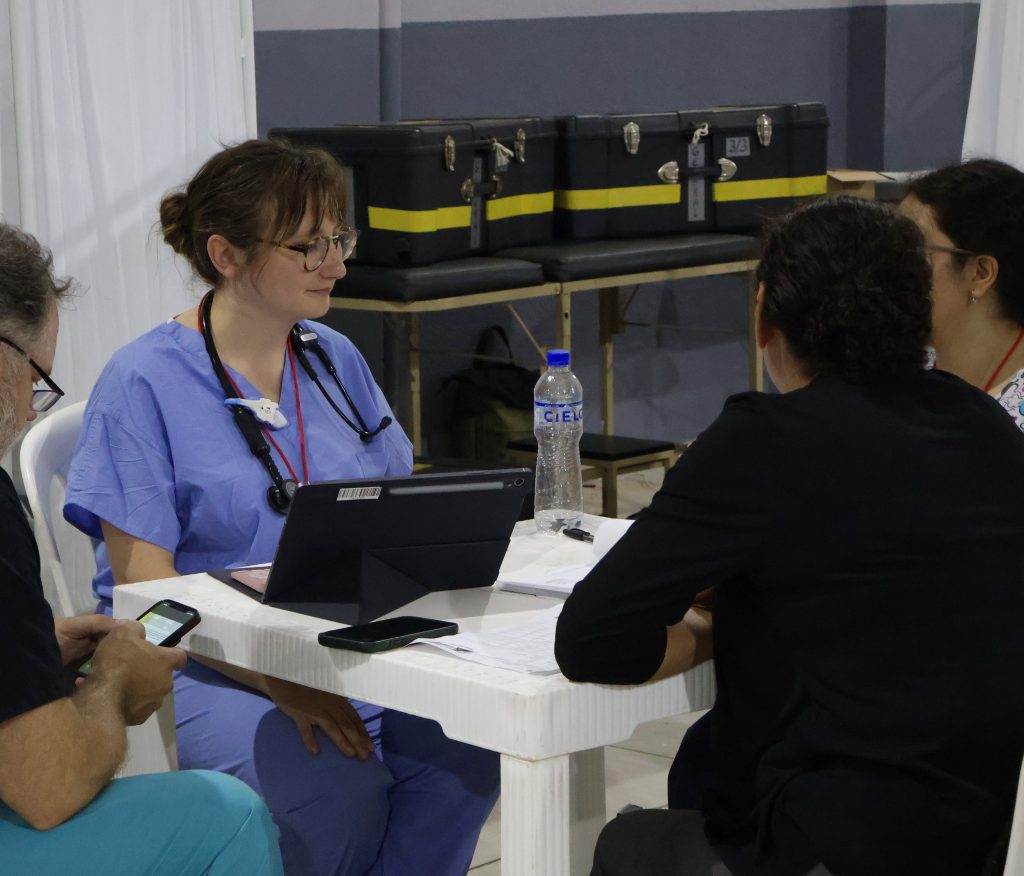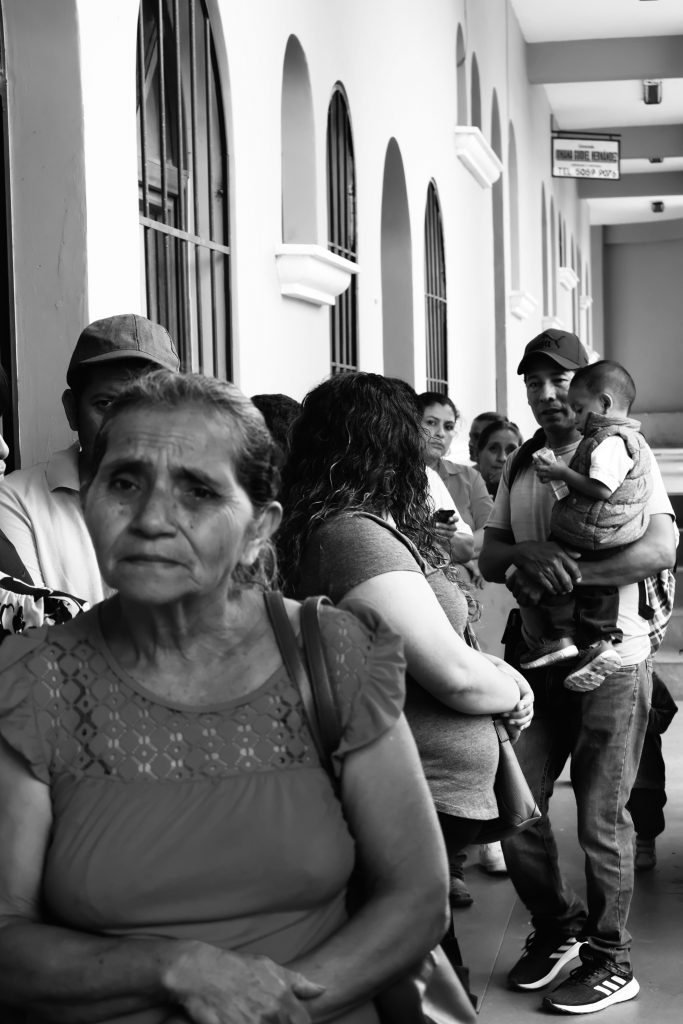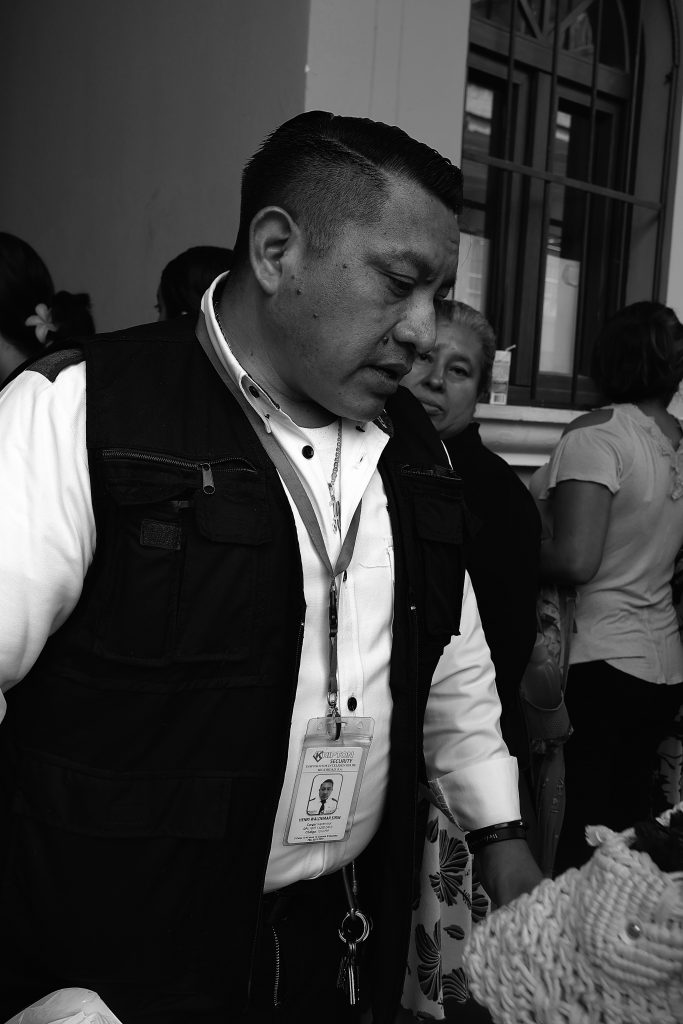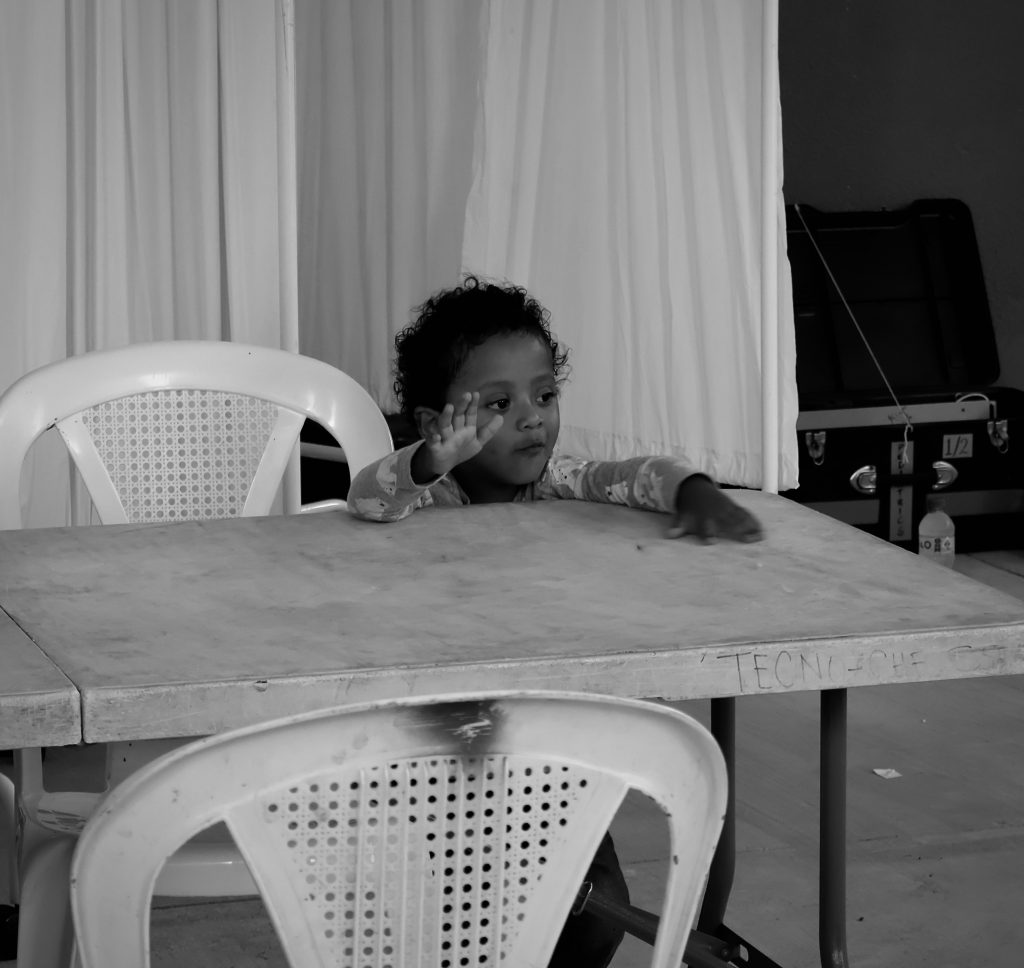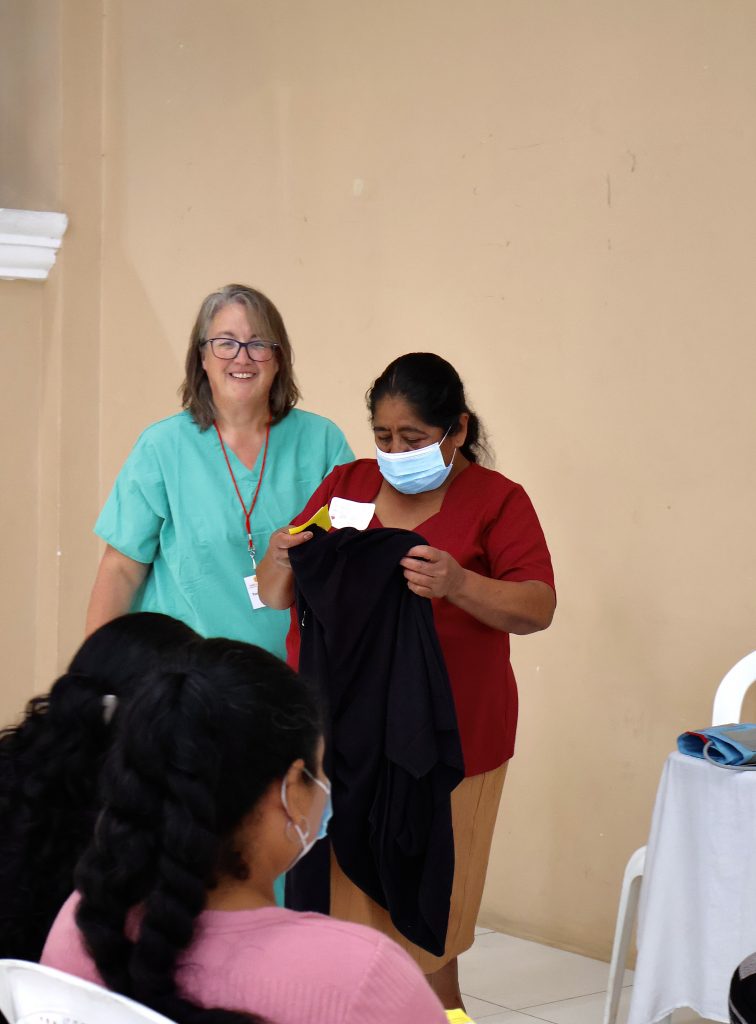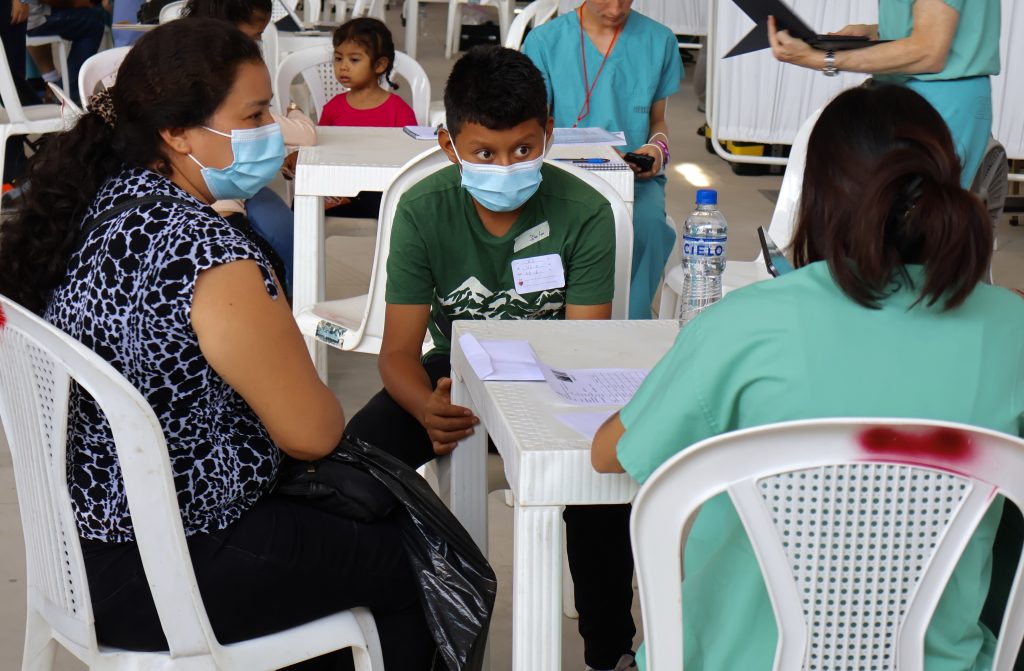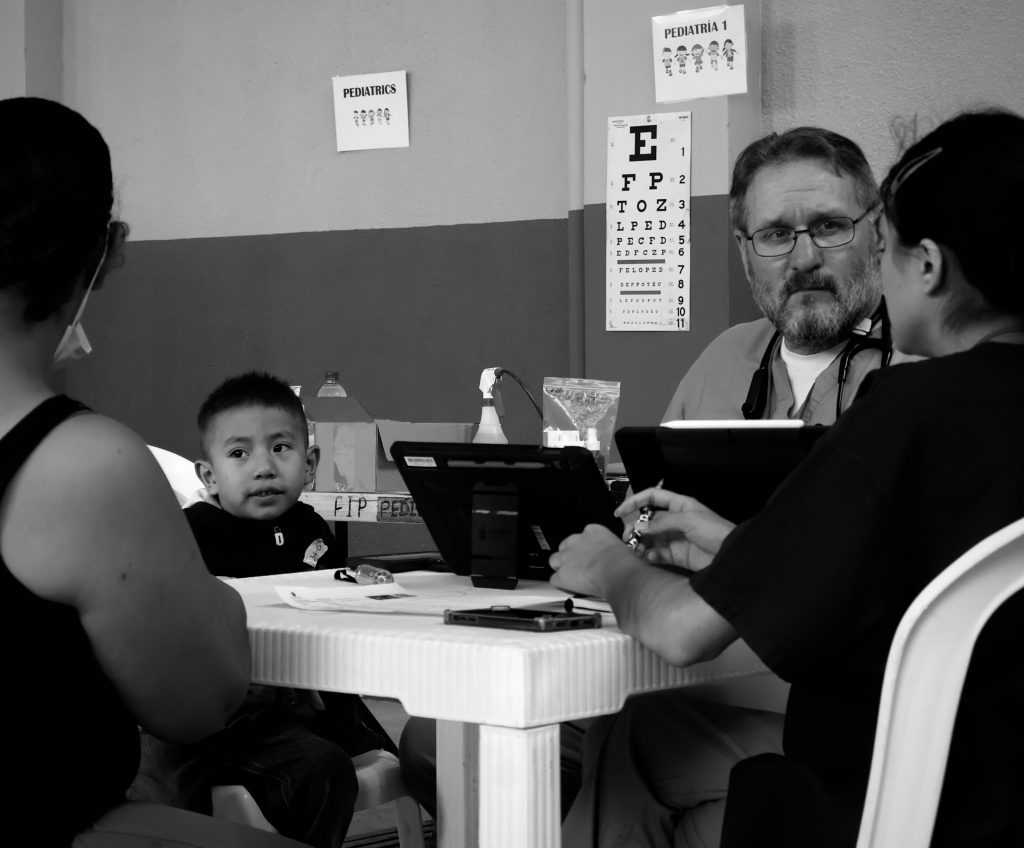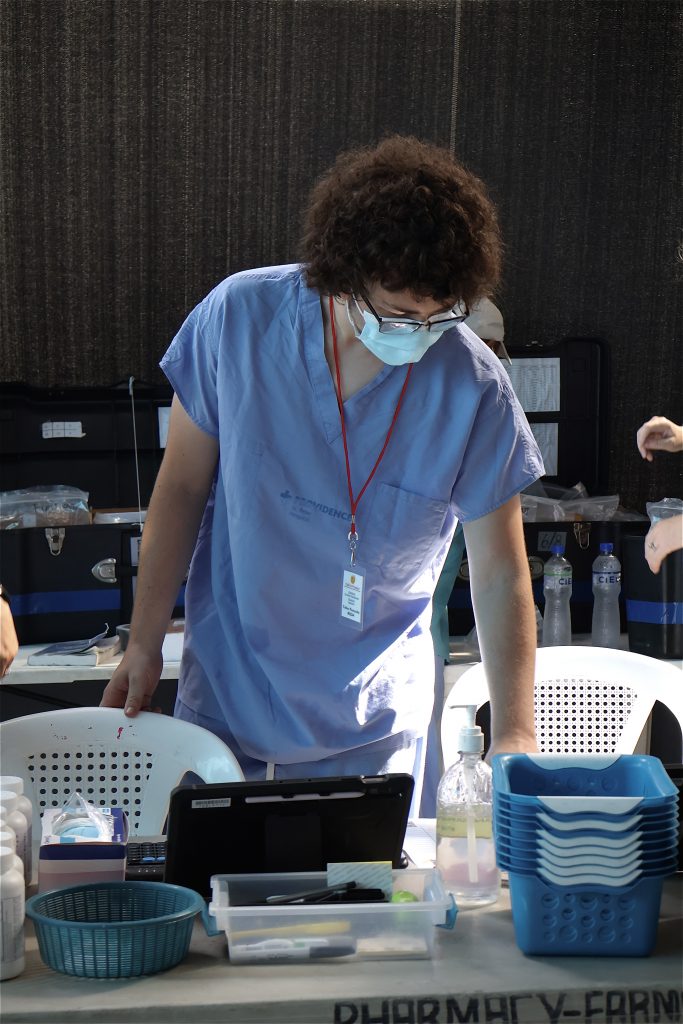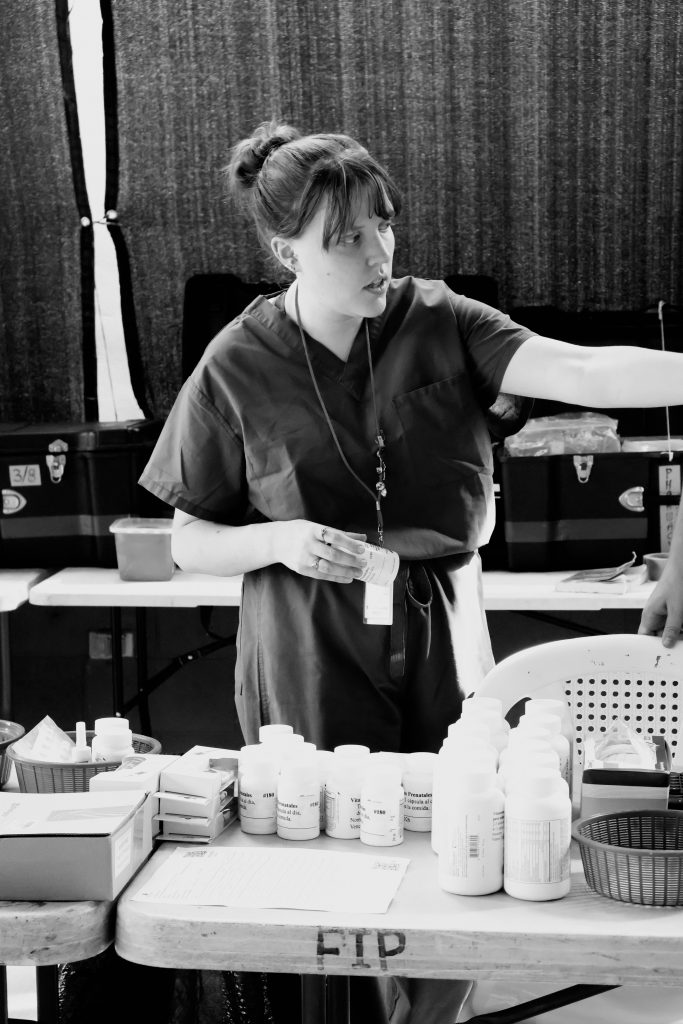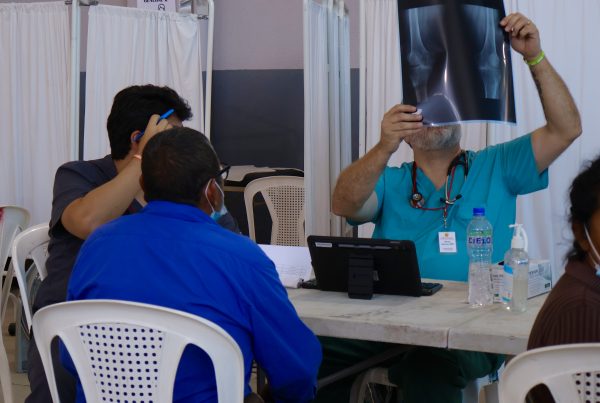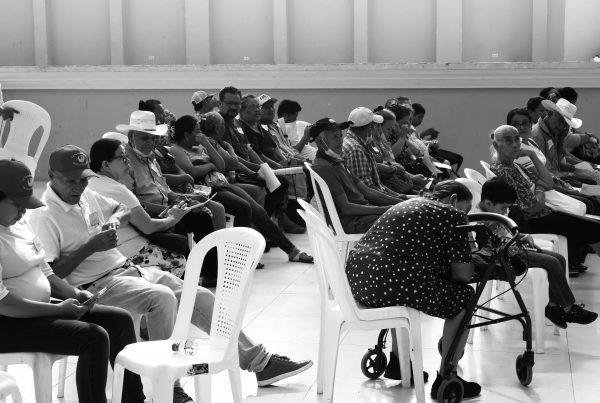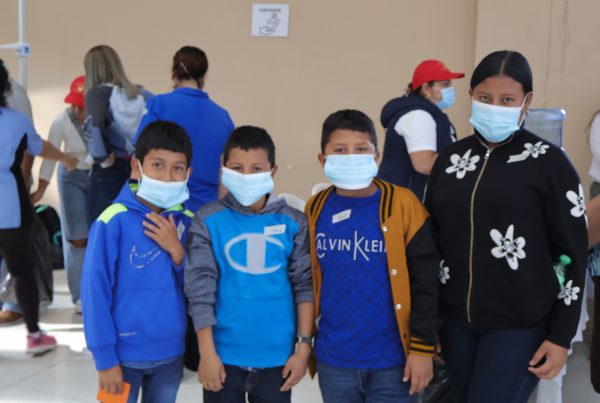Day Three
The second day of the Team 875 Faith In Practice Clinic was a resounding success. It was evident that our team had begun to find its rhythm—moving through the day’s flow with growing efficiency accompanied by gracious smiles with every interaction.
I was fortunate to spend much of my day rotating between various clinic sections, with a significant portion alongside Dr. Sawathi Challa, a maternal-fetal medicine specialist currently practicing in the Austin, Texas area. Observing her expertise was both educational and inspiring.
Early in the afternoon, I was struck by an eye-opening realization regarding literacy rates in Guatemala. Dr. Challa’s interpreter, Daniela, explained that while many Guatemalans may be able to either read or write, it is far less common for individuals to be proficient in both. This reality became tangible as we encountered many women who relied on voice-to-text technology on their phones, speaking their message so that it could be converted to text and share images with us.
The literacy challenge is deeply intertwined with other systemic issues. Limited access to education not only hinders personal opportunities but also perpetuates the shortage of healthcare professionals in the country. Without educational advancement, the cycle of reduced healthcare access and limited professional resources continues.
One of the most humbling moments I witnessed unfolded quietly from the sidelines. A mother arrived with her twelve-year-old son, who lives with cerebral palsy. The condition had significantly affected his mobility and physical development. In the United States, patients with similar conditions often have access to motorized wheelchairs and other assistive technologies that can help preserve independence and reduce the physical burden on caregivers. Here, however, this devoted mother carried much of that burden herself, literally, supporting her son’s mobility with her own strength. The physical strain on her body was apparent, yet so too was her unwavering love and devotion.
Moments like these serve as powerful reminders of the profound disparities in healthcare access across the world. They also reinforce the importance of our work here—not only in providing direct medical care but in bearing witness to these realities, sharing these stories, and striving for a more equitable future in which geography does not dictate the quality of the care they receive.
Andie Prince, Blogger


